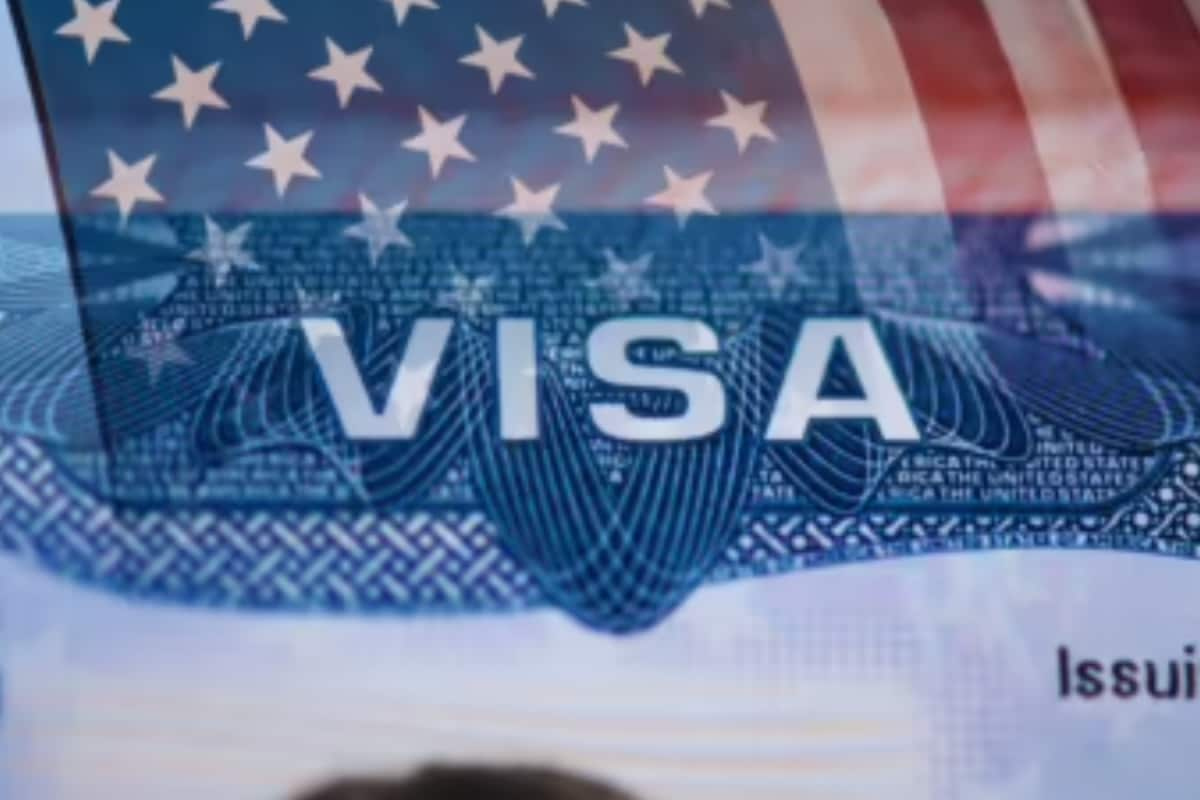

A significant shift in U.S. visa application procedures has been implemented, requiring applicants to make their social media accounts public for screening. This new rule, effective as of June 18, 2025, impacts individuals applying for F, M, and J non-immigrant visas, which include students pursuing academic or vocational studies, and those participating in exchange programs.
The U.S. Department of State has introduced this measure to bolster national security and ensure a more thorough vetting process. By mandating public access to social media profiles, consular officers aim to assess an applicant's digital footprint, identify potential security risks, and verify the information provided in their visa applications. The platforms covered under this new rule include prominent sites like Instagram, Facebook, Twitter, and LinkedIn, among others.
This policy change has sparked considerable discussion and concern among prospective international students and exchange visitors. While U.S. consulates are resuming visa scheduling, this new requirement adds complexity to an already competitive process. Applicants must now carefully review their social media history, removing or archiving any content that could be misinterpreted or deemed inappropriate.
To comply with the new social media rule and avoid potential visa delays or denials, applicants are advised to take the following steps:
The decision to incorporate social media checks into the visa application process reflects a broader trend in U.S. immigration policy, where an individual's online identity is increasingly considered as important as their academic or professional background. A clean and professional online presence could be a determining factor in securing a U.S. student visa.
However, concerns have been raised regarding the practical implications of this policy. Immigration experts predict that the increased workload for consular officers could lead to longer visa processing times. Moreover, challenges may arise when officers are tasked with vetting social media content in languages they do not understand. It is also important to note that this policy extends even to individuals who have previously been issued U.S. visas.
The U.S. Embassy in India has emphasized that a U.S. visa is a privilege, not a right, and that all available information is utilized to identify applicants who may pose a threat to national security. While the guidelines do not specify what constitutes "hostile attitudes" towards the U.S., consular officers are instructed to flag applicants who demonstrate such sentiments, advocate for terrorism, or express support for unlawful antisemitic harassment or violence. Ultimately, the decision to grant or deny a visa based on social media activity rests at the discretion of consular officers.